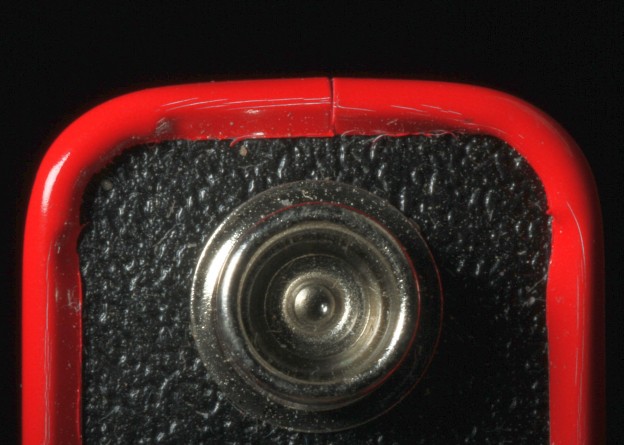Most people can’t go a day without hearing or reading about how vital social media is for a business or how channels like Facebook and Twitter are revolutionizing our relationships and the way we communicate. If you are absorbed by social media on a daily basis, both personally and professionally, it can be especially difficult, at times, to remind yourself or convince others that social media is not the answer to all of life’s problems.
 I encourage you to read Malcolm Gladwell’s recent essay in The New Yorker for an excellent commentary on the value of social media: Small Change: Why the revolution will not be tweeted.
I encourage you to read Malcolm Gladwell’s recent essay in The New Yorker for an excellent commentary on the value of social media: Small Change: Why the revolution will not be tweeted.
He provides some interesting examples and clear arguments for why activism and revolution didn’t, don’t and won’t require social media to have an effect. As with most of his work, I enjoyed this piece and echo much of his sentiment. My takeaway from this article is that in most cases social media serves best as a means to provide added value: compliments to the core.
A solid business model is probably not going to fail due to the absence of an active Facebook page or thousands of Twitter followers. If you have a bad fight with your best friend or family member, you’re probably not going resolve it on his wall or via Direct Message. However, most successful businesses, and people for that matter, look for and find ways to provide and receive added value. And this is where social media shines.
One person may love tagging her friends in photos on Facebook while a company may use the same channel to gauge customer sentiment after a new initiative. A co-worker may post daily updates on Twitter about lunch plans while his boss may use it to vent about computer frustrations and catch up on sporting news.
Whatever way you use it, you, and millions of others across the world, find this added value in social media. But the key to keep in mind here is that this value has not taken the place of the most important values or people in your life (I hope). As phenomenal and ground-breaking as social media is, it is still not a substitute for a solid business model, a strong friendship or a passionate movement.



